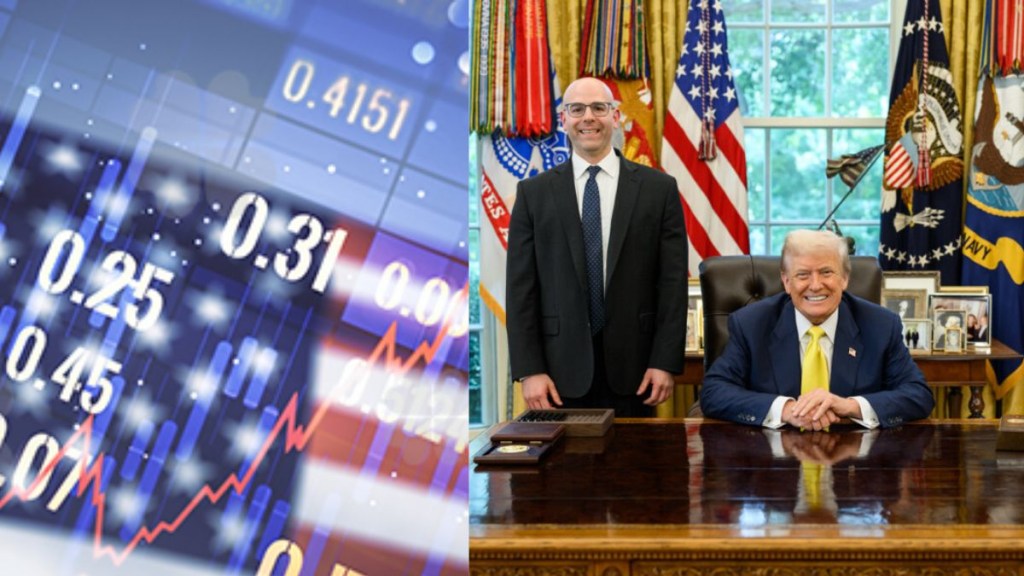Wall Street’s major indices opened flat on Friday after President Trump nominated Stephen Miran to temporarily fill a vacant seat on the Federal Reserve Board of Governors.
The nomination has heightened expectations of a more dovish stance from the central bank. This means a preference for lower interest rates and looser monetary policy to support economic growth and employment, even if it risks higher inflation.
In the early hours of trading, the Dow Jones Industrial Average (.DJI) was up 76.3 points, or 0.17%, at 44,044.95. The S&P 500 (.SPX) gained 15.2 points, or 0.24%, to reach 6,355.22, while the Nasdaq Composite (.IXIC) advanced 73.7 points, or 0.35%, to 21,316.37.
US President Donald Trump announced Thursday that he will nominate Stephen Miran, a key White House economic adviser, to the Federal Reserve Board of Governors, temporarily filling a vacancy left by outgoing governor Adriana Kugler, a Biden appointee stepping down Friday.
If confirmed by the Senate, Miran would serve on the Fed’s board through January 31, 2026, a four-month term that allows Trump to place a loyalist in a powerful position while continuing to search for a long-term appointee.
This marks Trump’s first opportunity to influence the Federal Reserve during his current campaign, as he seeks to reshape the central bank’s leadership.
The Fed, which operates independently of day-to-day political pressures, has long been a target of Trump’s criticism, particularly Chair Jerome Powell, whom Trump recently called a “stubborn moron” on social media for maintaining current interest rates.
Miran, currently chair of the Council of Economic Advisers, has been a staunch supporter of Trump’s economic agenda, defending tax cuts and tariffs as growth-stimulating measures that could reduce the budget deficit. He has also dismissed concerns that Trump’s proposed tariffs could trigger inflation, a key issue for Powell and his monetary policy team.
The nomination could intensify scrutiny over the Fed’s political independence, a principle widely regarded as essential to its ability to manage inflation through sometimes unpopular decisions like raising interest rates.

